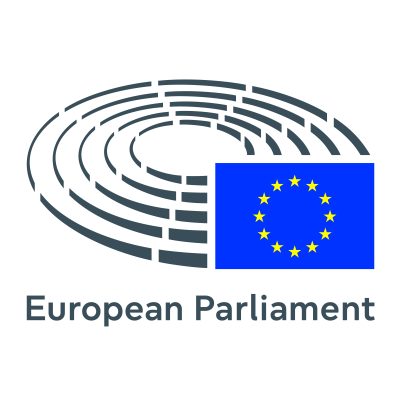Strengthening EU presence in global financial regulation reform

This Policy Paper is a contribution of Yiannis Tirkides (CCEIA), Filippa Chatzistavrou and Dimitris Katsikas (ELIAMEP), to the project Think Global – Act European (TGAE). Thinking strategically about the EU’s external action directed by Notre Europe – Jacques Delors Institute (report available in March 2013, dir. Elvire Fabry, Senior Research Fellow, Notre Europe – Jacques Delors Institute).
Filippa Chatzistavrou, Research Fellow, ELIAMEP, Dimitrios Katsikas, Research Fellow, ELIAMEP, Yiannis Tirkides, Senior Research Fellow, Center for European and International Affairs (CCEIA) ? The institutionalisation and legalisation of the European financial governance will undoubtedly enhance the implementation of agreed regulations and improve supervision; moreover, it has the potential to strengthen the EU’s voice by promoting a more unified and coherent external representation of its positions. However, this potential may not be realised unless such changes take into account the institutional characteristics of global financial governance, composed of a variety of organisations that often transcend the traditional public-private dichotomy. The EU should build on its experience in international accounting harmonisation by turning its ad hoc governance initiative with the International Accounting Standards Board (IASB) into a full-blown strategy in all areas of financial regulation. The generalisation of this strategy involves extending the recently established European Supervisory Authorities (ESAs) as institutional platforms to coordinate and represent European views in global financial regulatory negotiations, adapting them to newly added governance structures – namely the European banking supervisory authority – as well as complementing them with appropriate governance structures where this is needed.




